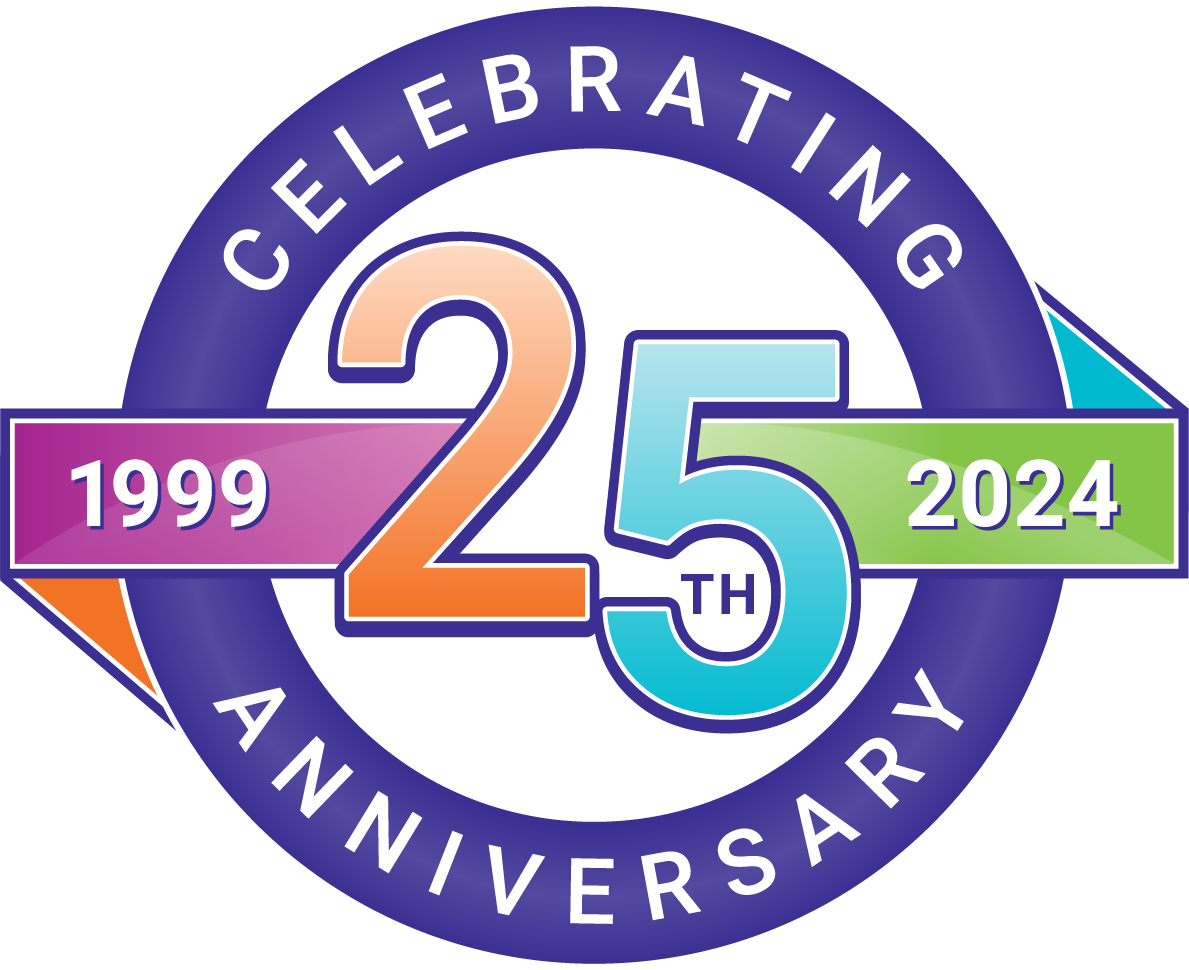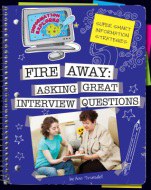Interview
People can be a great source of information. There may be many knowledge people who can give you valuable information on your topic. When you question people to learn about a topic, it is called an interview.
When do I use an interview?
Use an interview to obtain information from one person or a small group of people. It is very useful when you want to gain an expert's opinion, talk to someone knowledgeable about your topic, or learn from someone who experienced an event. Use interviews to strengthen the research you have found from other sources.
Where do I find someone to interview?
Think about what sort of person would be good to interview. A professional who works in the field you are studying? A teacher or researcher who studies your topic? An author who has written books or articles on your topic? A person in the local community who has experience with this issue?
Identify that person and make arrangements to contact him or her. Authors can often be contacted through the publisher of their books or the editor of their magazines or newspapers, though this may take a little time. Professionals are often listed online or have their own websites, so they may be found through an Internet search. Allow yourself sufficient time to locate a person to interview.
How do I conduct an interview?
Once you identify an interviewee, contact him or her to see if and when an interview is possible. Your interview may be conducted in a face-to-face meeting or by phone, email, or video chat. Be polite and respectful at all times with each contact.
Before the interview:
- Get permission from your teacher or parent before contacting anyone.
- Make an appointment with the person you want to interview, identifying yourself and briefly explaining the purpose for your interview.
- Investigate your topic and try learn about the person you will interview.
- Write down four or five questions. Remember to ask about who, what, where, when, why, and how. The most effective interview questions ask for more than just a yes or a no answer. Learn more about developing interview questions from Purdue University's Online Writing Lab.
During the interview:
- Introduce yourself.
- Listen carefully and speak clearly.
- Ask the questions that you prepared in advance.
- Ask follow-up questions, if necessary.
- Take accurate notes.
- Record the session, if possible. First ask permission from the person being interviewed.
After the interview:
- Write a detailed account from your notes.
- Contact your source to clarify points or to double-check facts.
- Send a thank-you note to the person you interviewed.
For more information about conducting an interview, read the eBook, Fire Away: Asking Great Interview Questions, and/or see Purdue OWL's "Interviewing" web page.
Some information about finding a person to interview was used with permission from Dr. L. Kip Wheeler's "Conducting an Interview" web page.
| Educator Content There is currently no educator content for this page. |
|
Do you want to share this page with students, but you don't want students to see the Educator Content section? Share this link instead of the URL at the top of the page: |


